They came, they saw, they quarreled, and nobody conquered.
Several hundred Shelby County Democrats gathered at Pilgrim Rest Baptist Church on McLemore on Saturday for the express purpose of electing new officers, but their meeting dissolved in chaos and confusion and the various party factions finally agreed to try again “in 30 days” to reach agreement.
Meanwhile, the party must endure a reprise of sorts of the situation of 2016, when local party disunion became so flagrant that the state party organization dissolved the local party, which did not reorganize itself into a functional organization until a year later.
As of Saturday, the Tennessee Democratic Party (TNDP) is once again in control of things, and the Shelby County Democratic Party (SCDP) is once again officially dormant.
The issues on Saturday were complicated, but, on the surface, they seemingly had to do with what the county party’s governing bylaws should be, and whether proposed revisions to them had or had not been successfully promulgated and acted upon in time for Saturday’s reorganization meeting.
The meeting had begun in a spirit of unity with a series of exhortatory speeches by party principals, including a particularly spirited pair by the party’s legislative caucus chair Karen Camper, who warned that Republicans in state government had set their sights on displacing Democrats from all local posts, and state Representative Justin Pearson, who declaimed the advantages of organized “people power.”
Order began to crumble when local Democrats Inez Warner and Rickey Peete rose to question whether the body, which included the party’s executive committee, its grassroots representatives, and Democrats at large had been properly apprised of new party bylaws and given a chance to examine and approve them.
What ensued from that point, was a succession of responses, amid ever-deepening cacophony, from party figures in both the local and the state Democratic organizations.
As to the bylaws, there are several overlapping issues:
One issue is whether voting on the local party’s leadership should include members of the local party’s “grassroots” (general membership) organization of 100-odd members or limited to the 30-member executive committee, the core of which is two members from each county commission district. (The larger, combined voting base is traditional. A motion to limit voting to the executive committee had been defeated at a recent SCDP meeting.)
Another issue concerned whether the voter base, however construed, should elect all local party officers at once, as recommended by the TNDP, or only the chair, who would appoint the other officers. (The latter method is the local tradition.)
It is unclear how the chances of either declared chairmanship candidate — Jeff Etheridge or current acting chair Willie Simon — would be affected by the choice of bylaws.
An animating circumstance underlying the party’s reorganization efforts was the removal last year of former chair Lexie Carter, ostensibly for performance reasons, by then-SCDP chair Hendrell Remus.
For whatever reason, holdover adherents of Carter seem to favor changes in the bylaws to limit the franchise, and supporters of Etheridge, who began Saturday expressing confidence in the outcome, appeared to be especially aggrieved by the snag in Saturday’s planned election.
A largely unspoken but looming aspect of the situation is that Etheridge is white and Simon is African-American, though both candidates have supporters across racial and ethnic boundaries.
In any case, after Saturday, the local party will, in every sense, have to start all over. Again.
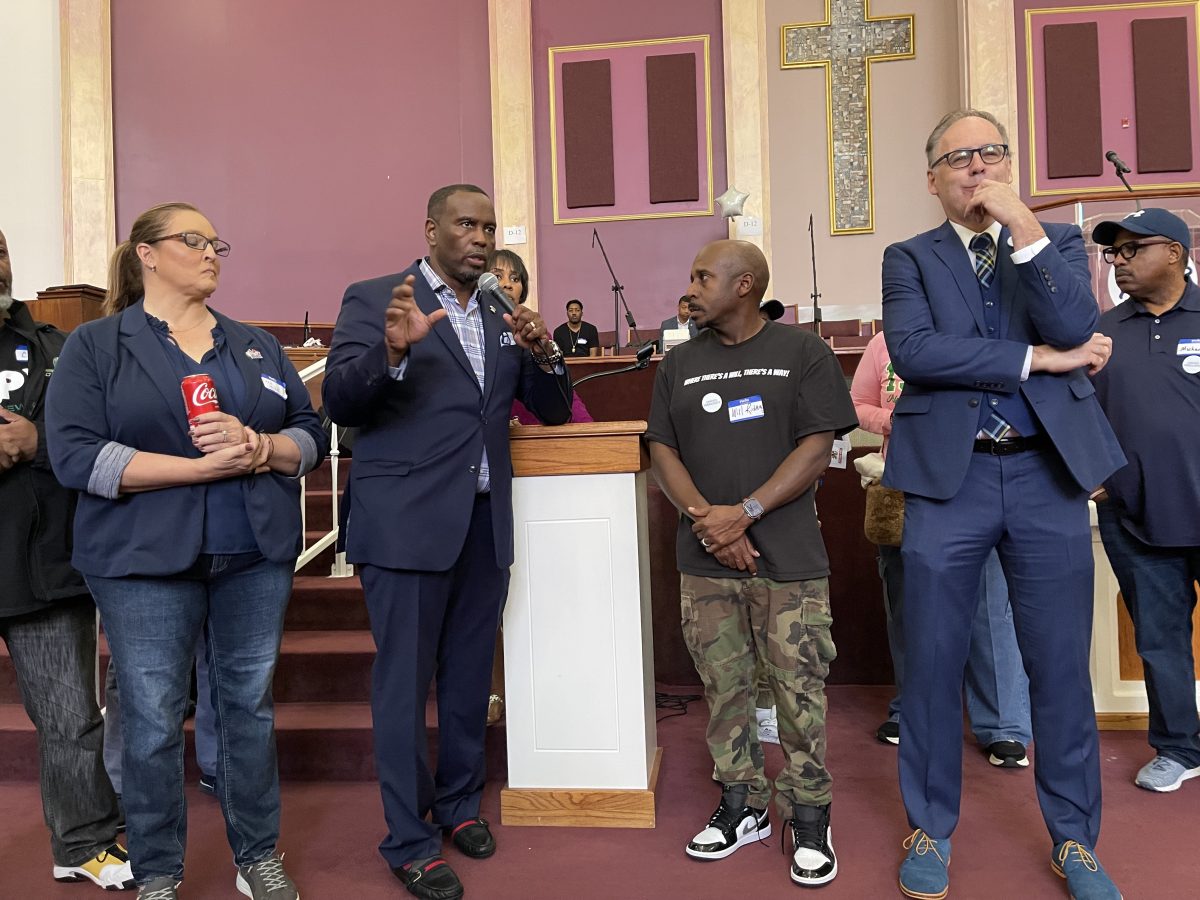
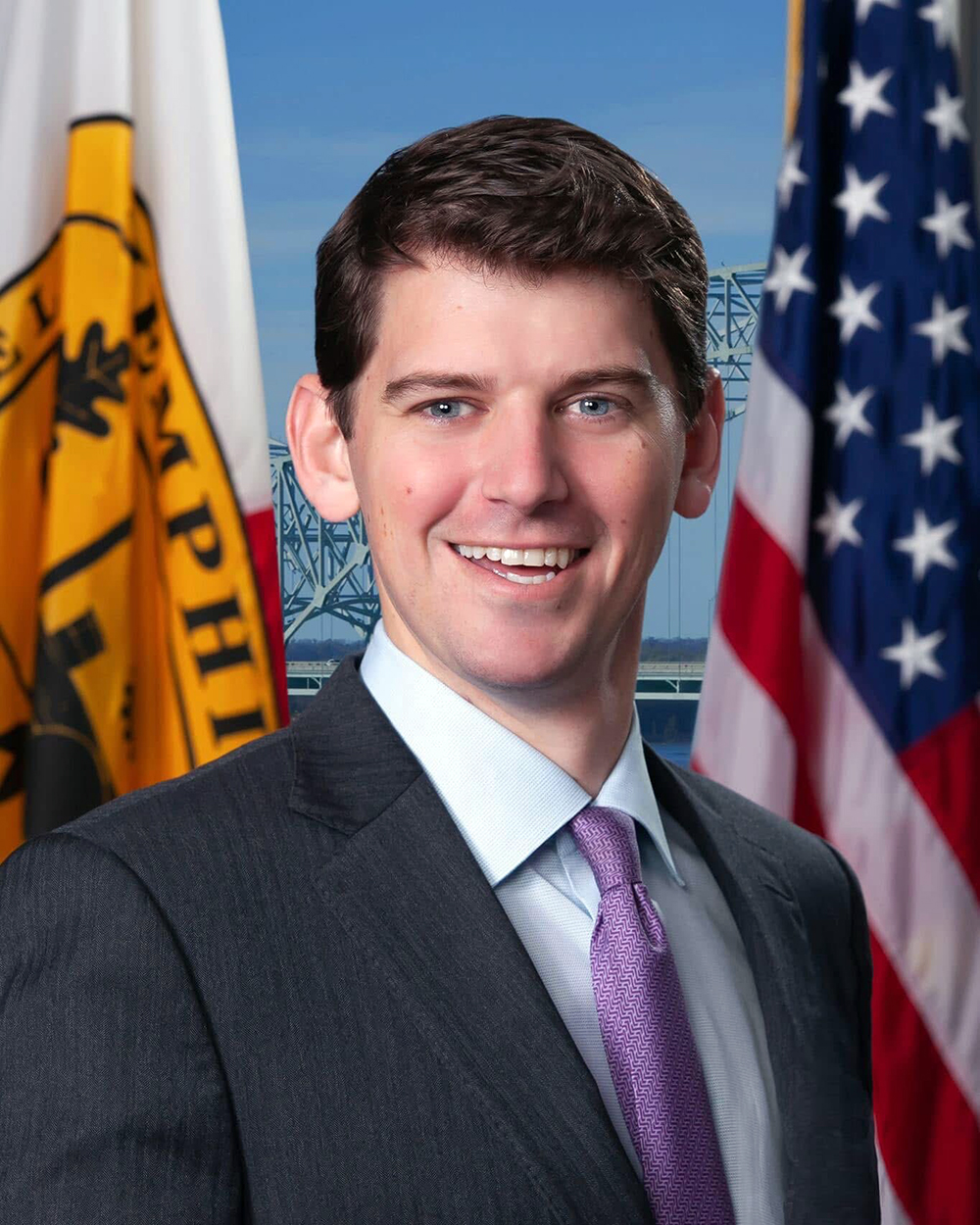
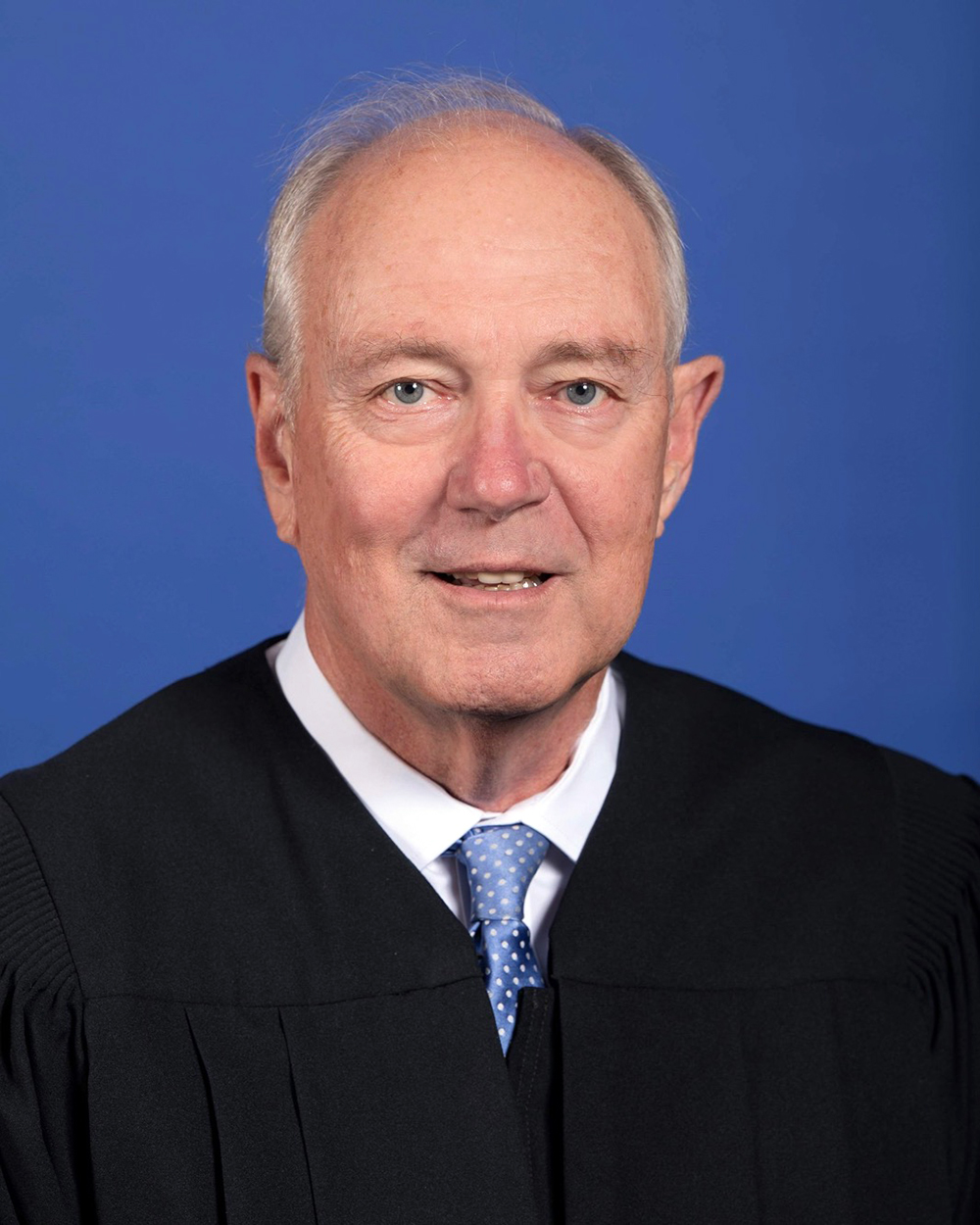
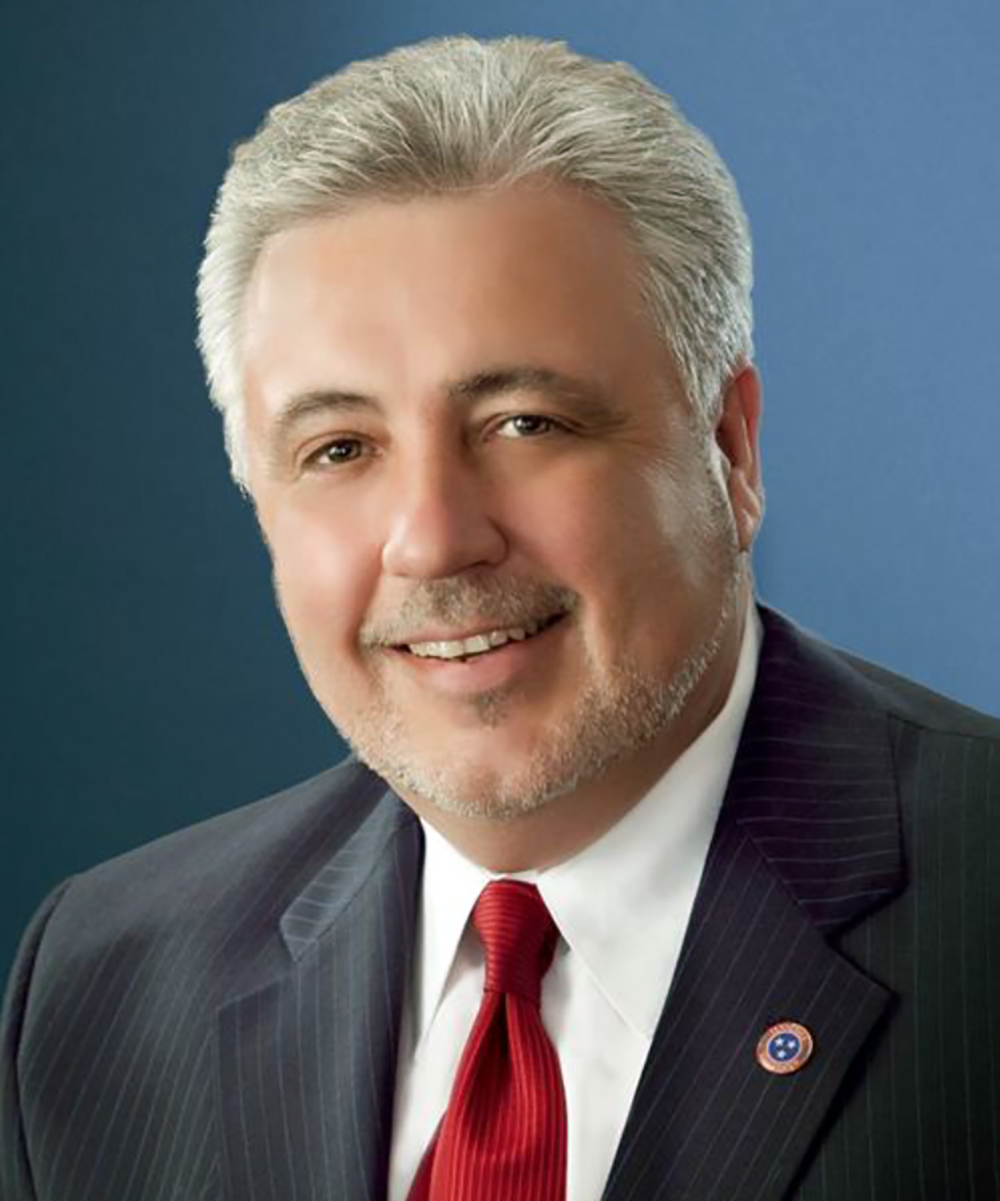


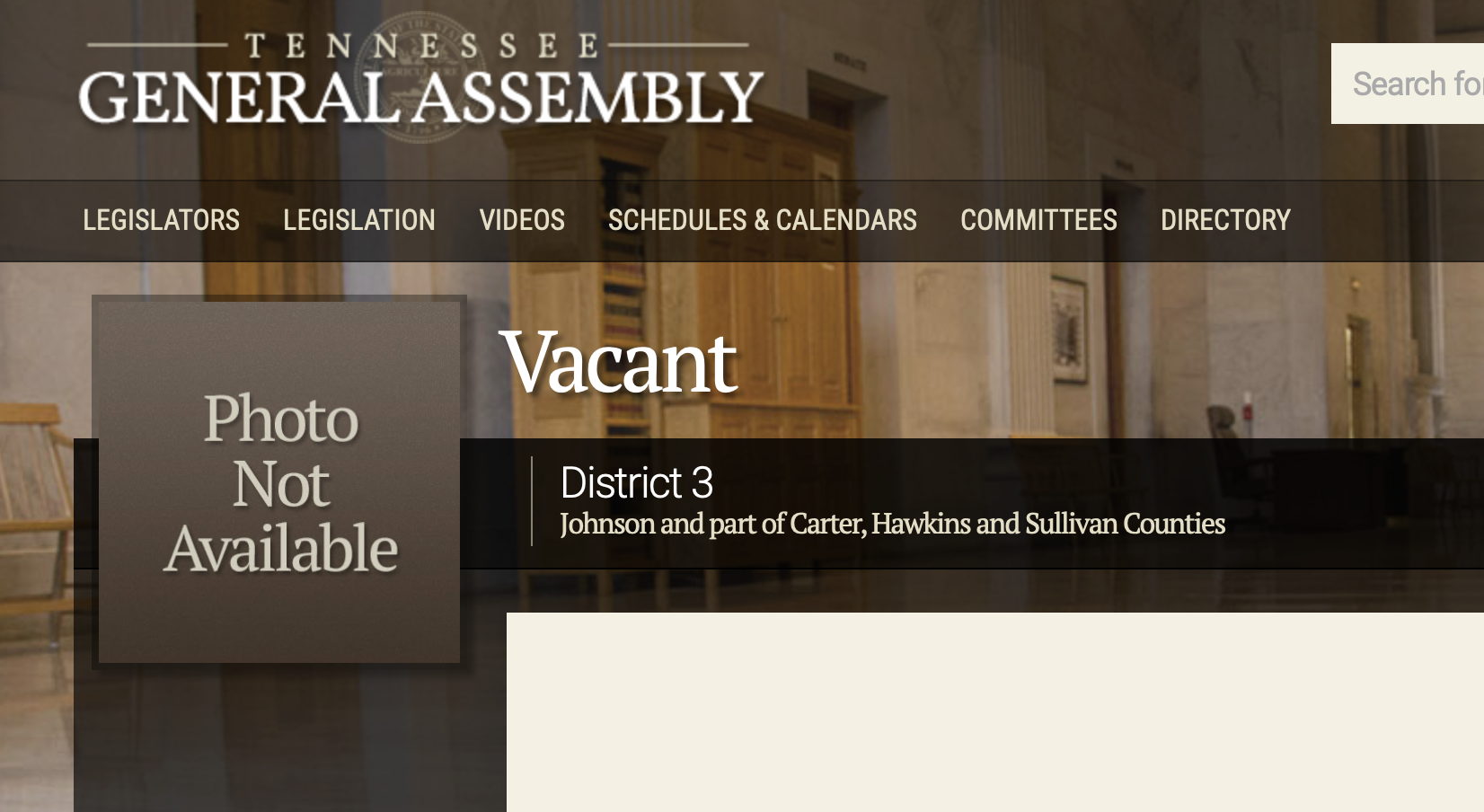

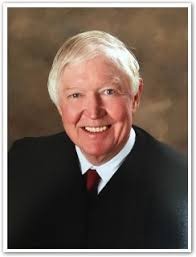




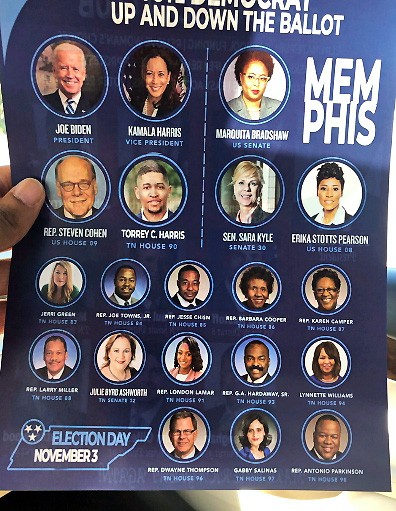
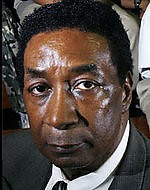
 JB
JB 